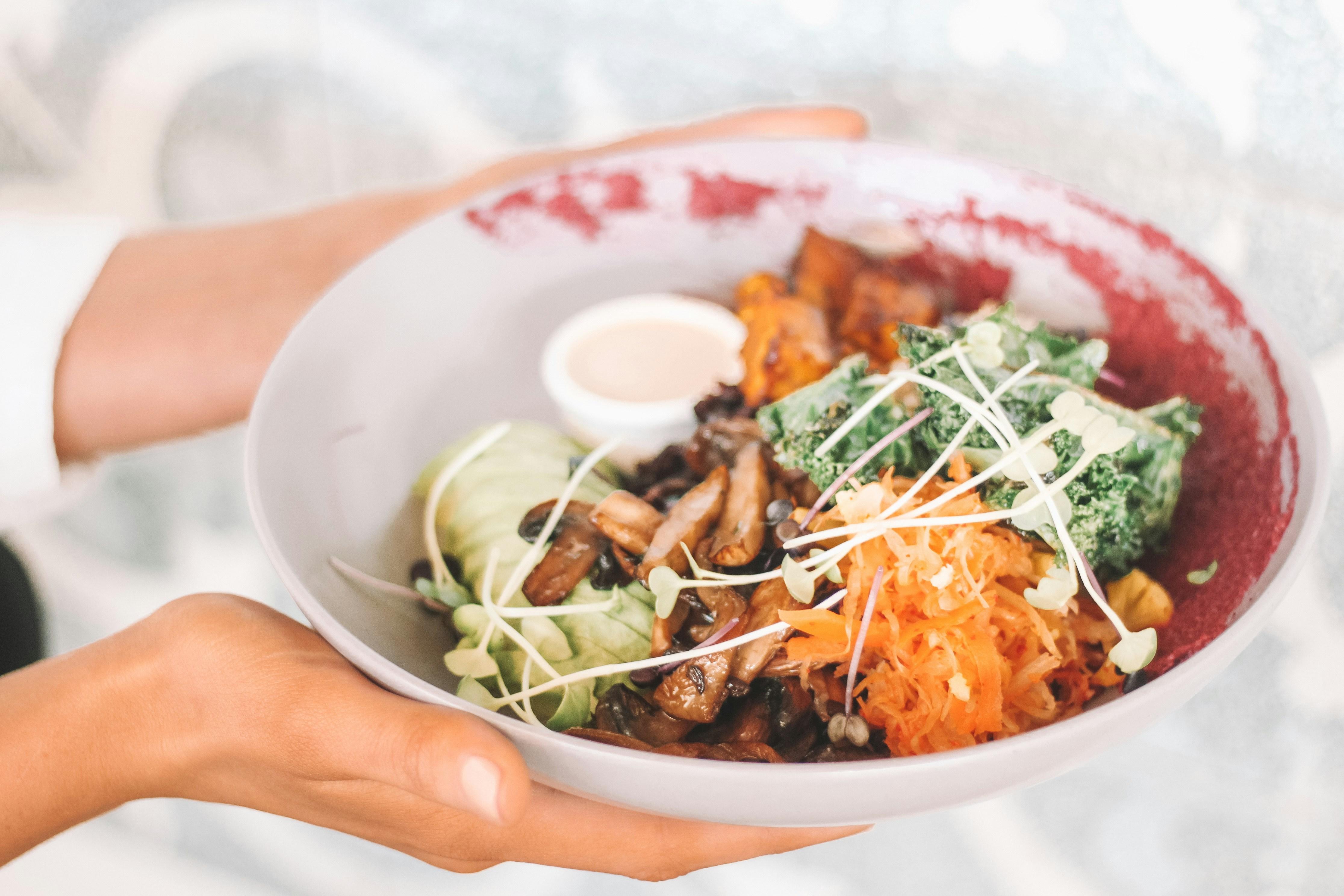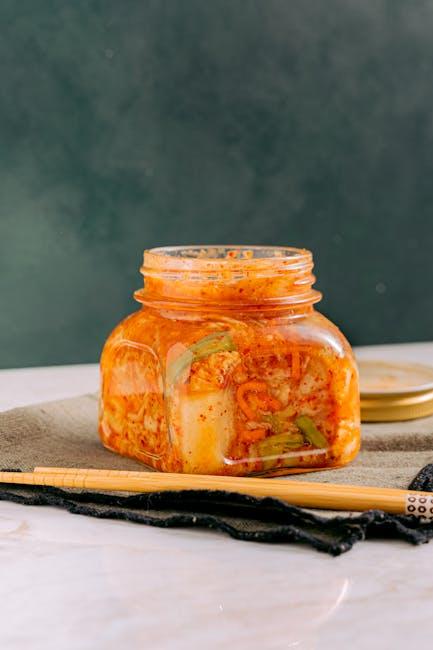In the intricate tapestry of human health, the threads of our physical and mental well-being are often more intertwined than we might imagine. Recent scientific explorations have begun to unravel one of the most fascinating connections: the link between gut health and mental health. As we delve into the mysterious world of the gut-brain axis, a question emerges that challenges conventional boundaries—can the state of our digestive system truly influence our mental landscape? This article embarks on a journey through the latest research and insights, examining the burgeoning evidence that suggests our gut may play a pivotal role in shaping our emotional and psychological experiences. Join us as we explore this captivating intersection of biology and psychology, where the gut might just hold the key to a healthier mind.
Unraveling the Gut-Brain Connection
In recent years, researchers have delved into the fascinating interplay between our digestive system and mental health. This intricate relationship, often referred to as the gut-brain axis, reveals how the health of our gut can influence our emotional and cognitive well-being. Microbiota, the vast community of microorganisms residing in our intestines, plays a pivotal role in this connection. By producing neurotransmitters like serotonin and dopamine, these microorganisms can directly affect our mood and behavior. An imbalance in this microbial ecosystem might be linked to conditions such as anxiety and depression.
Several lifestyle factors can help nurture a healthy gut environment and potentially support mental health:
- Diet: Consuming a diverse range of foods, especially those rich in fiber and probiotics, can bolster gut flora.
- Stress Management: Practices like meditation and yoga can alleviate stress, which in turn supports gut health.
- Sleep: Ensuring adequate sleep helps maintain a balanced microbiome, essential for overall well-being.
- Exercise: Regular physical activity can positively impact gut bacteria, promoting mental resilience.

The Science Behind Microbiome and Mood
Our understanding of the intricate relationship between the gut and the brain has grown exponentially in recent years. At the heart of this connection is the microbiome, a vast community of trillions of microorganisms residing in our digestive tract. These microorganisms play a crucial role in synthesizing neurotransmitters such as serotonin, often dubbed the ”feel-good” chemical. Remarkably, about 90% of serotonin is produced in the gut, which highlights the profound impact gut health can have on our emotional well-being.
The gut-brain axis serves as a communication superhighway, linking emotional and cognitive centers of the brain with peripheral intestinal functions. Key factors influencing this connection include:
- Microbial Diversity: A rich and diverse microbiome can enhance resilience against mental health disorders.
- Inflammation: An imbalanced microbiome can lead to increased intestinal permeability, often referred to as “leaky gut,” which can trigger systemic inflammation and impact mood.
- Metabolites: Microbes produce short-chain fatty acids and other metabolites that influence brain function and behavior.
Understanding these interactions opens new avenues for mental health treatments, where probiotics, diet, and lifestyle changes could become part of holistic strategies to nurture both gut and mind.

Dietary Habits to Foster a Happy Gut
Transforming your dietary choices can be a powerful way to nurture a thriving gut ecosystem, which may have a ripple effect on your mental well-being. Start by incorporating a variety of fermented foods such as yogurt, kimchi, and sauerkraut into your meals. These foods are rich in probiotics, which help maintain the delicate balance of gut bacteria. Additionally, embracing a diet high in fiber-rich foods like whole grains, beans, fruits, and vegetables can promote the growth of beneficial bacteria, enhancing gut health.
Consider adding the following to your shopping list for a happier gut:
- Prebiotic Foods: Garlic, onions, and bananas to fuel your gut flora.
- Omega-3 Fatty Acids: Found in fatty fish, flaxseeds, and walnuts to reduce inflammation.
- Polyphenol-rich Foods: Dark chocolate, green tea, and berries to support gut microbiota.
By focusing on these dietary habits, you can cultivate a gut environment that not only supports digestion but also contributes to a balanced and resilient mental state.

Mindful Practices for Holistic Health
Incorporating mindful practices into your daily routine can significantly enhance both gut and mental health, creating a symbiotic relationship that fosters overall well-being. Acknowledging the gut-brain connection, individuals can adopt holistic approaches to nurture this relationship. Here are some practical practices to consider:
- Mindful Eating: Slow down and savor each bite, paying attention to flavors and textures. This practice not only aids digestion but also promotes a more conscious relationship with food.
- Breathwork and Meditation: Regularly practicing deep breathing and meditation can help reduce stress, a common disruptor of gut health, thus fostering a calmer mind.
- Yoga: Incorporating yoga into your routine can help balance the nervous system, reducing anxiety and supporting gut health through gentle movement and breath awareness.
- Herbal Teas: Sip on soothing teas like chamomile or peppermint, which can ease digestive discomfort and promote relaxation.
By embracing these practices, individuals can create a nurturing environment for both the gut and the mind, highlighting the profound connection between these two vital aspects of health.
Final Thoughts
As we close the pages on this exploration of the gut-brain connection, it becomes evident that the dialogue between our digestive system and mental well-being is a conversation worth nurturing. While the scientific community continues to unravel the intricate tapestry of gut health and its potential impact on our minds, one thing remains clear: our bodies are interconnected in ways that invite curiosity and awe. Whether it’s through the foods we choose, the lifestyle we lead, or the mindfulness we practice, tending to our gut may just be a step toward fostering a more harmonious mental state. As we navigate this complex interplay, let us remain open to the possibilities that lie within, embracing the journey of understanding our inner worlds with both curiosity and care.


































